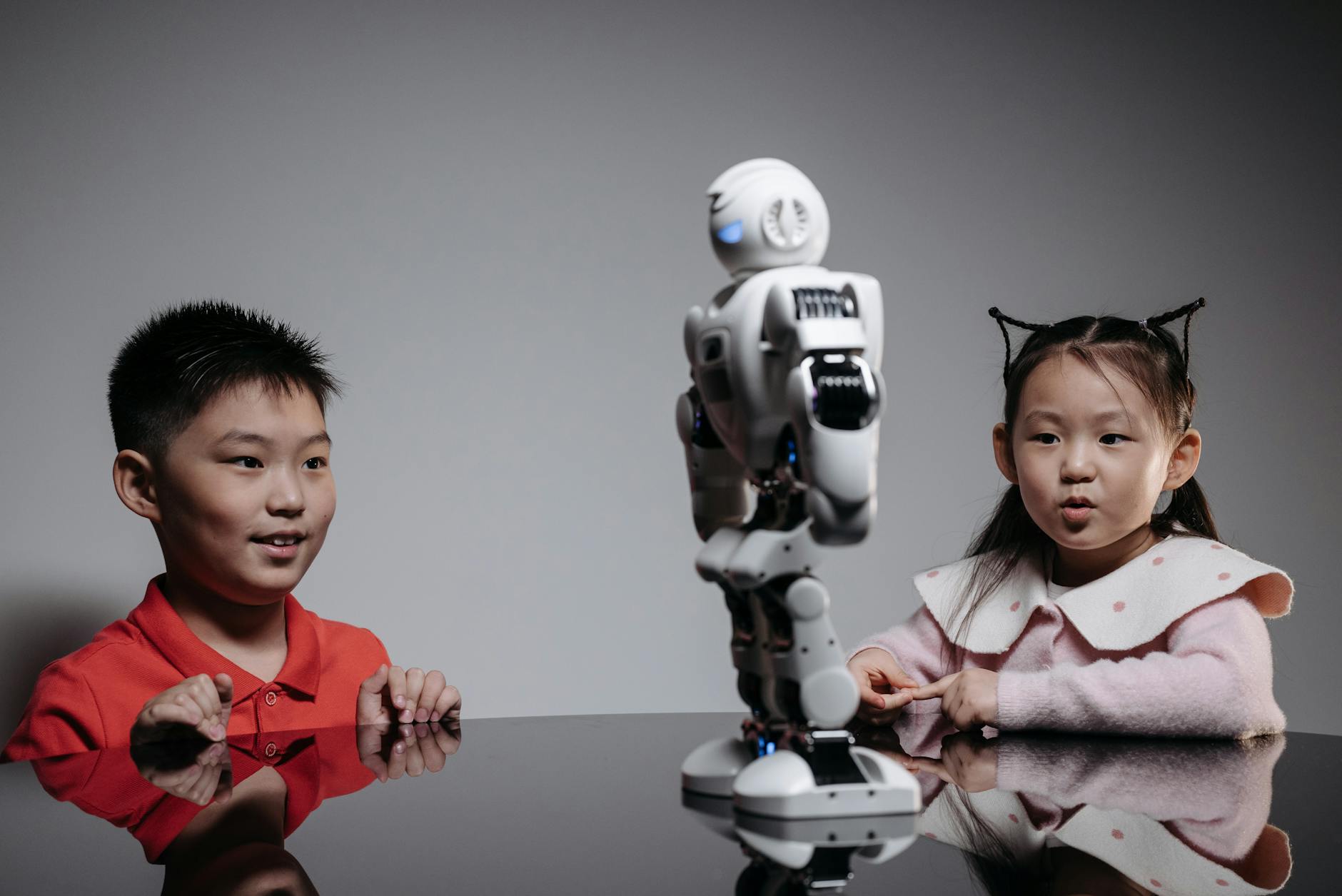Elon Musk's recent announcement that xAI is developing Baby Grok, an app designed to filter AI-generated content for children, ventures into intriguing but potentially treacherous waters. This move comes on the heels of the launch of Grok4, which has reportedly set new benchmarks in AI performance.
The pivot towards children's content is a significant one. In crafting a kid-friendly platform, xAI is not merely expanding its market demographic but also delving into the profound responsibilities of shaping young minds. The inherent risks and ethical considerations of AI-curated content for children cannot be understated. As Crypto Briefing points out, while Baby Grok aims to tailor safer digital environments, the broader implications of AI's role in child development remain a contentious topic.
Technologically, Grok4's advanced capabilities, including its touted multimodal functions and coding integration, provide a solid foundation for Baby Grok. However, the leap from high performance in benchmarks to the delicate task of content curation for children is not trivial. The algorithms will need to be incredibly sophisticated, not only in understanding content but also in comprehending the nuanced layers of what is considered "appropriate" for various age groups and cultures-a task that human curators have been refining for decades.
Musk's mention of Grok's potential to "discover new technologies" and "new physics" within the next two years adds another layer of complexity. These claims-bold as they are-suggest a trajectory towards an increasingly autonomous AI capable of self-directed learning and innovation. If Musk's timelines hold true, we could see Grok contributing to its own development iterations or even to the broader scientific community. Such advancements could redefine the boundaries of machine learning and AI's role in research and development.
From a practical standpoint, the development of Baby Grok raises numerous questions regarding data privacy and security. In the age where data is currency, how will xAI safeguard the interests of its youngest users? This is not just a technical challenge but a significant ethical one as well. As we've explored in a recent Radom Insights post on crypto payments, trust and transparency are paramount in technologies that intersect closely with daily life. The same principles apply exponentially when those technologies interact with children.
In conclusion, while Baby Grok represents a logical extension of xAI's technological prowess, it ventures into an area fraught with considerable challenges. The development of child-friendly AI content is not just about filtering inappropriate material-it's about understanding and nurturing the developmental needs of younger users. As we move forward, the success of Baby Grok will depend as much on xAI's technological innovation as on its ability to responsibly navigate the complex intersections of technology, ethics, and child development.



